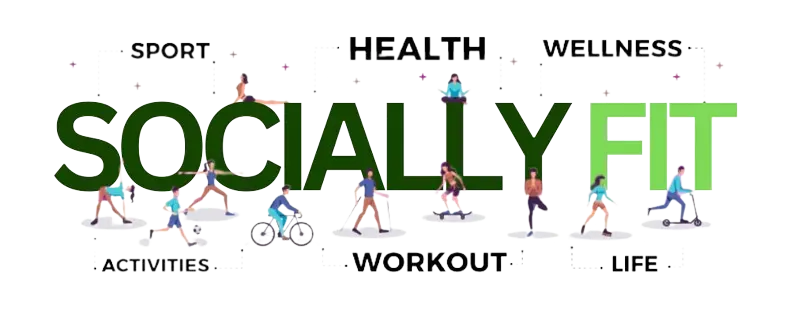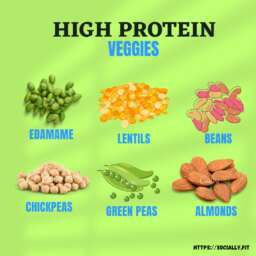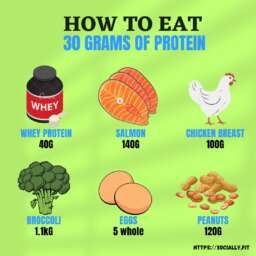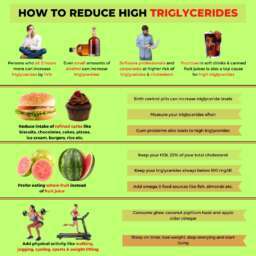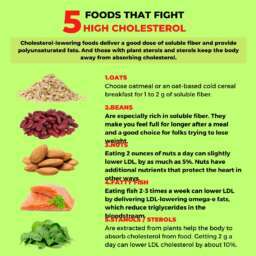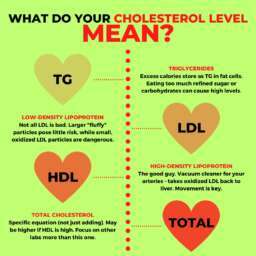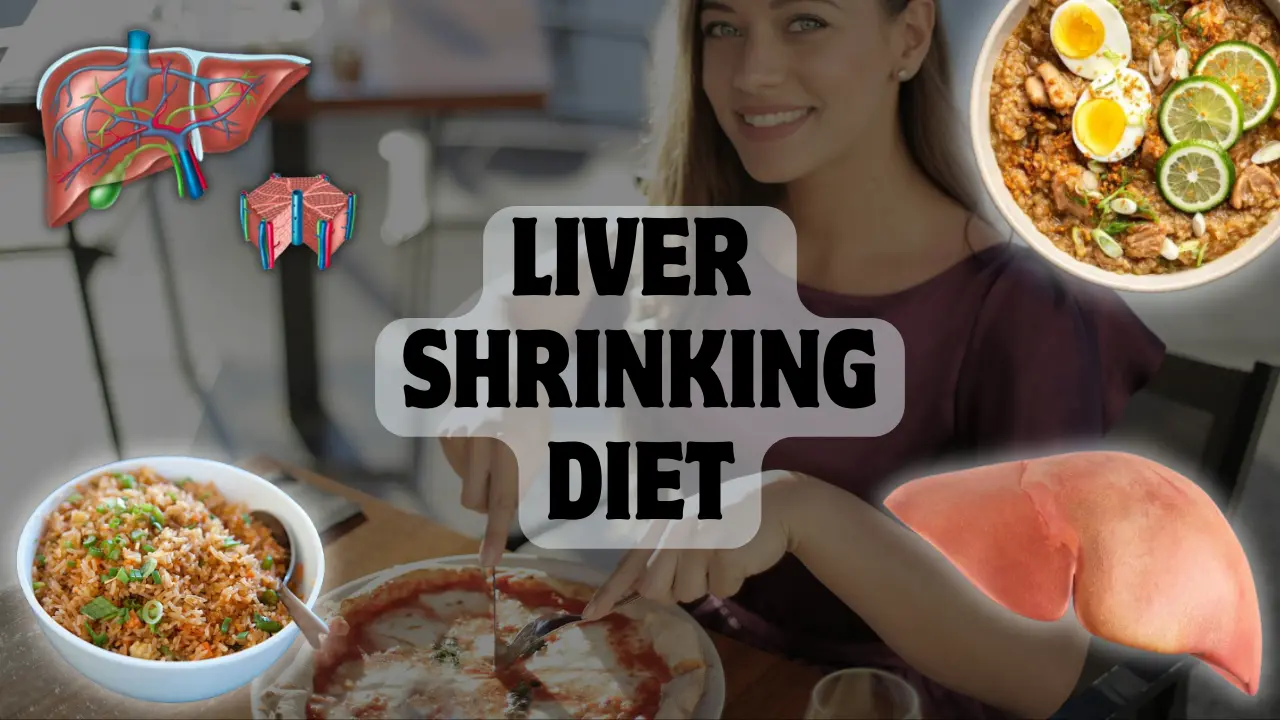Liver Shrinking Diet: A Comprehensive Guide to Achieve a Healthier Liver.
Maintaining a healthy liver is vital for overall well-being. With the rise in liver-related ailments, adopting a liver shrinking diet has become increasingly important. In this article, we will delve into what constitutes a liver shrinking diet, its benefits, and how to implement it effectively.
Understanding the Liver
The liver is one of the largest organs in the human body and plays a crucial role in various physiological processes, including metabolism, detoxification, and nutrient storage. It filters toxins from the blood, processes nutrients, and produces bile, which aids in digestion.
What is a Liver Shrinking Diet?
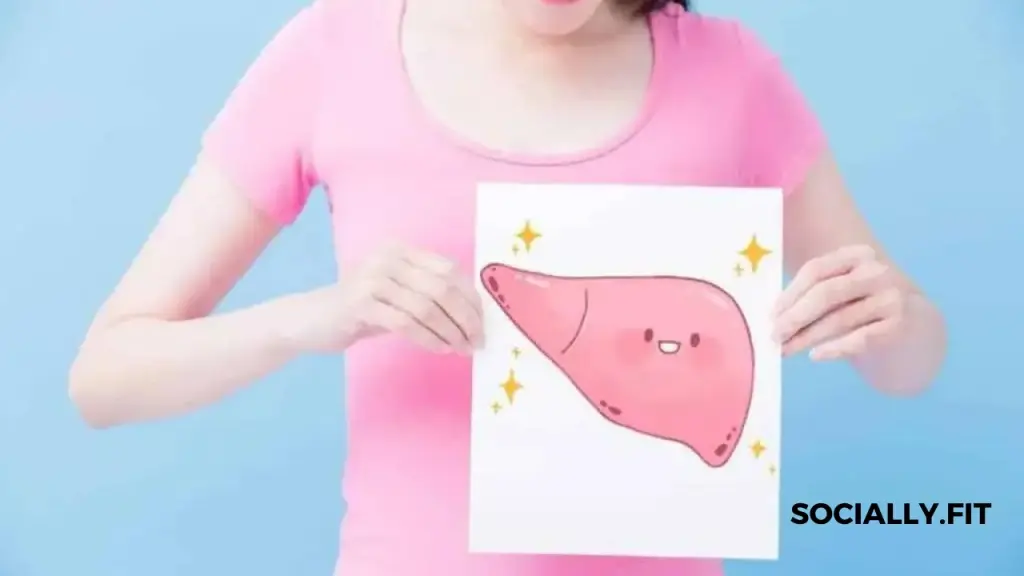
A liver shrinking diet is a dietary regimen specifically designed to reduce the size of an enlarged liver and improve its overall function. This diet focuses on consuming nutrient-dense foods while eliminating those that may burden the liver. Transitioning to a liver shrinking diet involves making conscious choices about what you eat and drink. By adopting this diet, individuals can actively take control of their liver health and support the body’s natural healing processes.
The liver shrinking diet primarily consists of foods rich in antioxidants, vitamins, and minerals, which help reduce inflammation and promote liver detoxification. Transition words like “furthermore” and “moreover” can help emphasize the importance of including these nutrient-rich foods in the diet. Additionally, incorporating lean protein sources such as poultry, fish, and legumes into your meals can aid in liver repair and regeneration.
Factors Contributing to Liver Enlargement
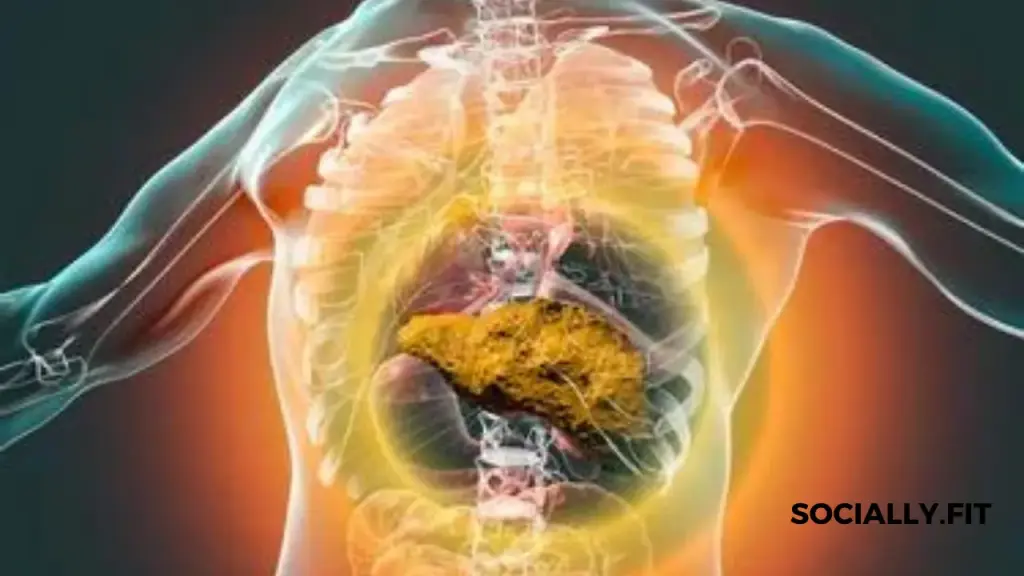
- Leafy Greens: Spinach, kale, and other leafy greens are rich in antioxidants and chlorophyll, which help detoxify the liver and reduce inflammation.
- Cruciferous Vegetables: Broccoli, Brussels sprouts, and cauliflower contain compounds that support liver detoxification and enhance liver function.
- Berries: Blueberries, strawberries, and raspberries are packed with antioxidants that protect liver cells from damage and promote healing.
- Fatty Fish: Salmon, mackerel, and sardines are high in omega-3 fatty acids, which help reduce liver inflammation and support liver health.
- Lean Protein: Incorporate lean protein sources such as chicken breast, turkey, tofu, and legumes to support liver repair and regeneration.
- Whole Grains: Opt for whole grains like quinoa, brown rice, and oats, which provide fiber and essential nutrients to support digestion and liver function.
- Healthy Fats: Avocados, nuts, seeds, and olive oil are rich in healthy fats that help reduce inflammation and support liver health.
- Citrus Fruits: Lemons, oranges, and grapefruits are high in vitamin C, which stimulates the production of liver detoxification enzymes and aids in the removal of toxins from the body.
- Turmeric: This vibrant spice contains curcumin, a powerful antioxidant with anti-inflammatory properties that can help protect liver cells and reduce liver inflammation.
- Green Tea: Drinking green tea regularly can help improve liver function and reduce liver fat accumulation due to its antioxidant and anti-inflammatory properties.
Foods to Avoid

- Processed Foods: Stay away from processed foods high in refined sugars, unhealthy fats, and additives, as they can contribute to liver inflammation and hinder the shrinking process.
- Fried Foods: Foods that are deep-fried or cooked in unhealthy oils should be avoided, as they can increase liver fat accumulation and promote inflammation.
- High-Sugar Foods: Cut back on sugary snacks, desserts, and beverages, as excessive sugar consumption can lead to fatty liver disease and liver enlargement.
- Trans Fats: Avoid foods containing trans fats, such as margarine, packaged snacks, and fried foods, as they can increase liver inflammation and damage liver cells.
- Alcohol: Limit or eliminate alcohol consumption, as it can impair liver function, promote liver fat accumulation, and hinder the effectiveness of your liver shrinking diet.
- Sodas and Sweetened Beverages: Steer clear of sugary sodas, energy drinks, and sweetened beverages, as they can contribute to liver fat accumulation and inflammation.
- High-Sodium Foods: Reduce your intake of high-sodium foods such as processed meats, canned soups, and salty snacks, as excessive sodium consumption can contribute to liver enlargement and fluid retention.
Meal Planning Tips
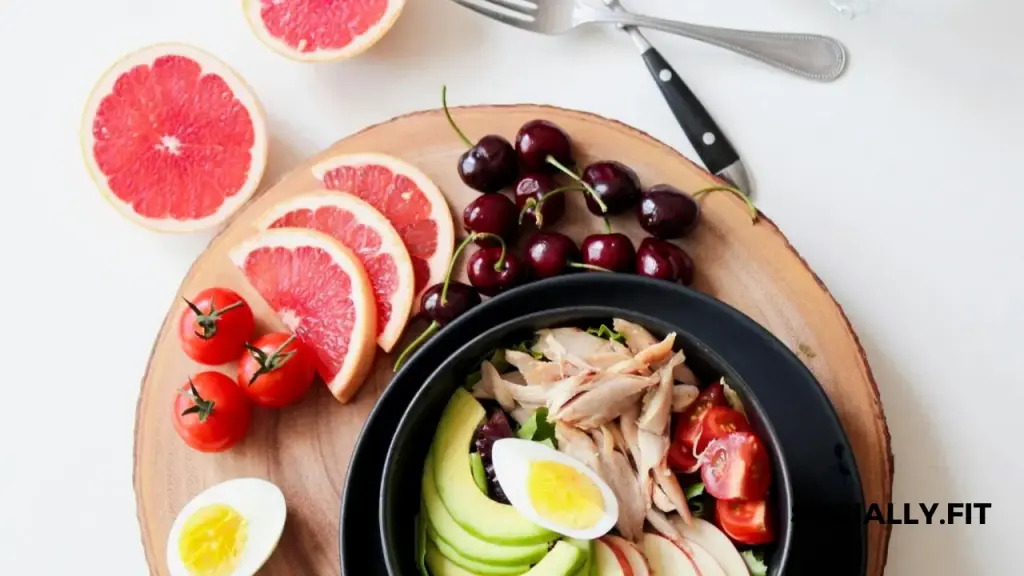
- Plan Ahead: Take some time at the beginning of each week to plan your meals and snacks. This can help you make healthier choices and avoid reaching for unhealthy options when hunger strikes.
- Include a Variety of Foods: Aim for a balanced diet that includes a variety of nutrient-dense foods from all food groups. This ensures that you’re getting the essential nutrients your body needs to support liver health and overall well-being.
- Portion Control: Pay attention to portion sizes to prevent overeating and maintain a healthy weight. Use smaller plates and bowls to help control portion sizes and avoid mindless eating.
- Focus on Whole Foods: Choose whole foods over processed foods whenever possible. Whole foods are typically higher in nutrients and lower in unhealthy additives, making them a better choice for supporting liver health.
- Prep in Advance: Spend some time prepping ingredients and meals in advance to make healthy eating more convenient throughout the week. Chop vegetables, cook grains, and pre-portion snacks to have on hand when you need them.
- Batch Cooking: Consider batch cooking larger quantities of meals and freezing individual portions for later use. This can save time and make it easier to stick to your liver shrinking diet, especially on busy days.
Importance of Hydration in liver shrinking diet

- Liver Detoxification: Adequate hydration is essential for supporting the liver’s detoxification processes. Water helps flush toxins and waste products from the body, allowing the liver to function more efficiently in breaking down and eliminating harmful substances.
- Optimal Digestion: Proper hydration is necessary for maintaining optimal digestion, which is essential for liver health. Water helps soften stool and facilitate bowel movements, preventing constipation and promoting regularity. This aids in the removal of waste products from the body, reducing the burden on the liver.
- Nutrient Transport: Water acts as a medium for transporting nutrients throughout the body, including to the liver. Staying hydrated ensures that essential nutrients reach the liver efficiently, supporting its function and promoting overall health.
- Regulation of Body Temperature: Hydration plays a vital role in regulating body temperature, especially during physical activity. When the body becomes dehydrated, it may struggle to maintain a stable temperature, leading to increased stress on the liver and other organs.
- Prevention of Fluid Retention: Contrary to popular belief, adequate hydration can actually help prevent fluid retention and bloating. When the body is properly hydrated, it is less likely to retain excess water, reducing the risk of swelling and discomfort.
Exercise and Liver Health

Regular exercise is paramount for maintaining optimal liver health and function. Engaging in physical activity on a consistent basis offers a myriad of benefits that directly impact the liver and contribute to overall well-being. Firstly, exercise aids in weight management, which is crucial for liver health. Obesity and excess weight are closely linked to fatty liver disease, a condition characterized by the accumulation of fat in the liver cells. By promoting weight loss and reducing body fat, exercise helps prevent and manage fatty liver disease, thereby improving liver function.
Moreover, physical activity stimulates blood circulation throughout the body, including the liver. Improved blood flow enhances the delivery of oxygen and nutrients to liver cells, supporting their growth, repair, and regeneration. Additionally, exercise promotes the removal of toxins and waste products from the liver, facilitating detoxification processes and reducing the risk of liver damage.
How does a liver shrinking diet differ from a traditional weight loss diet?
| Aspect | Liver Shrinking Diet | Traditional Weight Loss Diet |
|---|---|---|
| Focus | Primarily targets liver health and function | Focuses on overall calorie reduction |
| Objective | Reduce liver size and improve liver function | Achieve weight loss through calorie deficit |
| Food Selection | Emphasizes nutrient-dense, liver-supportive foods | Focuses on portion control and calorie counting |
| Macronutrient Ratio | Balanced macronutrient intake | May emphasize specific macronutrient ratios |
| Meal Frequency | Regular meals and snacks spread throughout the day | Often includes structured meal plans with specific meal times |
| Hydration | Emphasizes hydration to support liver detoxification | May not specifically address hydration |
Analysis:
- Focus: A liver shrinking diet prioritizes liver health and function, while a traditional weight loss diet focuses on overall calorie reduction.
- Objective: The goal of a liver shrinking diet is to reduce liver size and improve liver function, whereas a traditional weight loss diet aims to achieve weight loss through a calorie deficit.
- Food Selection: Liver shrinking diets emphasize nutrient-dense, liver-supportive foods, while traditional weight loss diets focus on portion control and calorie counting.
- Macronutrient Ratio: Liver shrinking diets typically maintain a balanced macronutrient intake, whereas traditional weight loss diets may emphasize specific macronutrient ratios.
- Meal Frequency: Liver shrinking diets often include regular meals and snacks spread throughout the day, while traditional weight loss diets may involve structured meal plans with specific meal times.
- Hydration: Liver shrinking diets emphasize hydration to support liver detoxification, while traditional weight loss diets may not specifically address hydration.
- Exercise: Liver shrinking diets encourage regular physical activity to support liver health, whereas exercise may be recommended primarily for calorie burning in traditional weight loss diets.
- Alcohol Consumption: Liver shrinking diets strictly limit or eliminate alcohol intake, while traditional weight loss diets may allow moderate alcohol consumption.
- Sustainability: Liver shrinking diets are designed as sustainable long-term dietary approaches, whereas traditional weight loss diets may involve short-term restrictive measures.
- Health Focus: Liver shrinking diets target liver health and metabolic function, whereas traditional weight loss diets focus primarily on weight loss and aesthetics.
What are the similarities and differences between a liver shrinking diet and a detoxification diet?
| Aspect | Liver Shrinking Diet | Detoxification Diet |
|---|---|---|
| Objective | Reduce liver size and improve liver function | Eliminate toxins from the body |
| Focus | Primarily targets liver health and function | Focuses on eliminating toxins from various organs |
| Food Selection | Emphasizes nutrient-dense, liver-supportive foods | Prioritizes foods that aid in detoxification |
| Macronutrient Ratio | Balanced macronutrient intake | May include fasting or juice cleanses |
| Duration | Long-term dietary approach | Often implemented as a short-term cleanse |
| Hydration | Emphasizes hydration to support liver detoxification | May include increased water intake and herbal teas |
| Exercise | Encourages regular physical activity to support liver health | Exercise may be incorporated to aid in detoxification |
| Supplements | Focuses on natural sources of nutrients | May include supplements to support detoxification |
| Alcohol Consumption | Strictly limits or eliminates alcohol intake | Typically eliminates alcohol consumption |
| Sustainability | Sustainable long-term dietary approach | Often implemented as a short-term cleanse |
Analysis:
- Objective: Liver shrinking diets aim to reduce liver size and improve liver function, while detoxification diets focus on eliminating toxins from the body.
- Focus: Liver shrinking diets primarily target liver health and function, while detoxification diets focus on eliminating toxins from various organs.
- Food Selection: Liver shrinking diets emphasize nutrient-dense, liver-supportive foods, whereas detoxification diets prioritize foods that aid in detoxification.
- Macronutrient Ratio: Liver shrinking diets maintain a balanced macronutrient intake, while detoxification diets may include fasting or juice cleanses.
- Hydration: Liver shrinking diets emphasize hydration to support liver detoxification, whereas detoxification diets may include increased water intake and herbal teas.
- Supplements: Liver shrinking diets focus on natural sources of nutrients, while detoxification diets may include supplements to support detoxification.
- Alcohol Consumption: Liver shrinking diets strictly limit or eliminate alcohol intake, while detoxification diets typically eliminate alcohol consumption altogether.
What are the main distinctions between a liver shrinking diet and a Mediterranean diet in terms of food choices and health benefits?
| Aspect | Liver Shrinking Diet | Mediterranean Diet |
|---|---|---|
| Food Choices | Emphasizes liver-supportive foods like leafy greens, lean protein, and healthy fats | Focuses on fresh fruits and vegetables, whole grains, fish, olive oil, and nuts |
| Objective | Reduce liver size and improve liver function | Promote overall health and longevity |
| Macronutrient Ratio | Balanced macronutrient intake | Moderate intake of healthy fats, low to moderate intake of protein, and high intake of carbohydrates from whole foods |
| Hydration | Emphasizes hydration to support liver detoxification | Encourages moderate consumption of water, often supplemented with red wine in moderation |
| Health Benefits | Focuses on liver health and function | Associated with reduced risk of heart disease, improved cognitive function, and longevity |
Description:
- Food Choices: A liver shrinking diet emphasizes liver-supportive foods like leafy greens, lean protein, and healthy fats, while a Mediterranean diet focuses on fresh fruits and vegetables, whole grains, fish, olive oil, and nuts.
- Objective: The primary goal of a liver shrinking diet is to reduce liver size and improve liver function, whereas a Mediterranean diet aims to promote overall health and longevity.
- Macronutrient Ratio: Liver shrinking diets typically maintain a balanced macronutrient intake, while Mediterranean diets involve moderate intake of healthy fats, low to moderate intake of protein, and high intake of carbohydrates from whole foods.
- Hydration: Liver shrinking diets emphasize hydration to support liver detoxification, while Mediterranean diets encourage moderate consumption of water, often supplemented with red wine in moderation.
- Health Benefits: Liver shrinking diets focus on liver health and function, whereas Mediterranean diets are associated with reduced risk of heart disease, improved cognitive function, and longevity.
FAQs

1. What is a liver shrinking diet?
A liver shrinking diet is a dietary approach aimed at reducing the size of an enlarged liver and improving its overall function by consuming nutrient-dense foods and avoiding those that may burden the liver.
2. How long does it take to see results from a liver shrinking diet?
The timeline for seeing results from a liver shrinking diet may vary depending on individual factors such as the severity of liver enlargement and adherence to the diet.
3. Can I drink alcohol while following a liver shrinking diet?
It is advisable to avoid or limit alcohol consumption while following a liver shrinking diet, as alcohol can damage liver cells and impair liver function, hindering the effectiveness of the diet.
4. Are there any supplements that can support liver health?
Certain supplements such as milk thistle, turmeric, and N-acetyl cysteine may support liver health by providing antioxidant and anti-inflammatory effects.
5. Is a liver shrinking diet suitable for everyone?
While a liver shrinking diet may benefit individuals with liver enlargement or liver-related ailments, it is important to consult with a healthcare professional before starting any new diet or making significant dietary changes, especially if you have underlying health conditions or are taking medications.
Conclusion

In conclusion, a liver shrinking diet offers a targeted approach to improving liver health and function. By emphasizing nutrient-dense foods, hydration, and regular physical activity, this dietary regimen aims to reduce liver size, support detoxification processes, and promote overall well-being. Unlike traditional weight loss diets, which focus solely on calorie reduction, a liver shrinking diet prioritizes liver health as a means to achieve sustainable weight management and optimal health. Incorporating a variety of liver-supportive foods, limiting alcohol consumption, and staying hydrated are key components of this approach. By adopting a liver shrinking diet and making healthy lifestyle choices, individuals can support their liver’s natural healing processes and promote long-term liver health.
